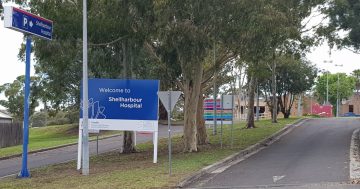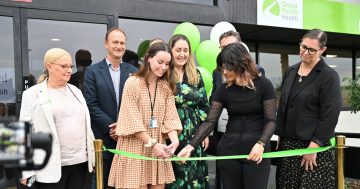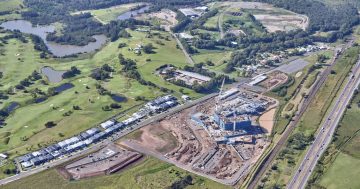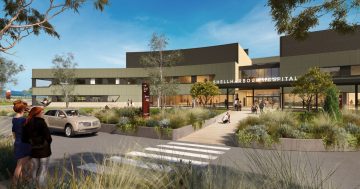
The Shellharbour Alcohol and Other Drug Hub has opened its doors to clients. Photo: Supplied.
An alcohol and other drug (AOD) hub has opened in Shellhabour to provide specialist support and transform lives, particularly for those impacted by the justice system in the Illawarra and Nowra.
Australian Community Support Organisation (ACSO) was one of 12 not-for-profit organisations which received a share of $33.9 million over four years to deliver new wraparound alcohol and other drug support services as part of the NSW Government’s response to the Special Commission of Inquiry into the Drug ‘Ice’.
ACSO chief operations officer Cath Williams said the Shellharbour hub opened last week and was fully staffed and operational.
Cath said the hub would address the unique needs of those aged 18 and above who had also been impacted by the criminal justice system by delivering assessment, counselling, and care and recovery coordination.
“The gap we really identified was in people impacted by the justice system, having a more specialist provider that really understands the impact it has on your behaviours in those spaces,” she said.
“We’re working closely with Corrections New South Wales and the local courts around making sure we have referral pathways.
“We’re doing in-reach into the court and corrections at Nowra, and we’re also talking to Port Kembla court about doing in-reach there.”
She said the reason ACSO was chosen to establish a hub in Shellharbour to work across Shellharbour and Nowra regions was due to the work it had already done in the area, which included youth and employment programs for people at risk.
“It’s an area we know well. We had a lot of connections but we really were struggling even to get some of our clients into AOD treatment in the area,” she said.
“It’s always a little bit challenging when you’re a new player in a space, but the NSW Government has recognised we do have expertise in this area that’s different to other drug and alcohol providers.
“Hopefully we can really demonstrate the benefits of working with them in the way that we work and hopefully we can reduce some of the crime associated with drug use. That’s our ultimate objective.”
She said the hub aimed to fill existing gaps and complement services that already existed in the region, along with increasing access to treatment for those in the justice system.
“I do know there has been challenges in access to treatment in the area, and that some services are not as well equipped to deal with people with the specific challenges of being in the justice system,” she said.
“There are some services that are not as open to working with people with certain kinds of offending backgrounds.
“We work with everybody – your background is not a barrier to treatment.
“That’s probably where we come in as a specialist provider in that space, whereas drug and alcohol clinicians are more often working with voluntary clients who made a decision to come to treatment.”
Cath said they had already recruited staff who had begun working with clients from different referral pathways, but were open to those who wanted to self-refer too.
She said the process involved initial phone screening, followed by an assessment covering all aspects of the client’s life, including mental health needs.
A collaborative treatment plan for ongoing support from counsellors and a care and recovery coordinator would be developed to help reduce harm associated with their substance use, and work towards stabilised or improved overall wellbeing.
“It tries to understand how they interact with their alcohol and drug use and their needs related to that,” she said.
“It’s not just treating them as their drug and alcohol issue, but looking at their whole lives and what impacts drug and alcohol has had on their lives, and how can we work with them in creating change.
“Our motto is, ‘understand the story, support the change’ and it is very much about meeting the client where they’re at and trying to understand how they’ve got to where they are and what they can do to change their trajectory.”
Health Minister Ryan Park said the new alcohol and other drug hubs would boost access to much needed support services, particularly in regional and rural areas and for priority populations.
“They will provide welcoming, culturally safe environments and tailored treatment options to support people affected by alcohol and other drugs, and their families, to achieve enhanced quality of life,” he said.
The Shellharbour AOD hub is located at 2 Memorial Drive, Shellharbour or you can call (03) 9413 7000 and ask to speak to the Shellharbour AOD team.


















